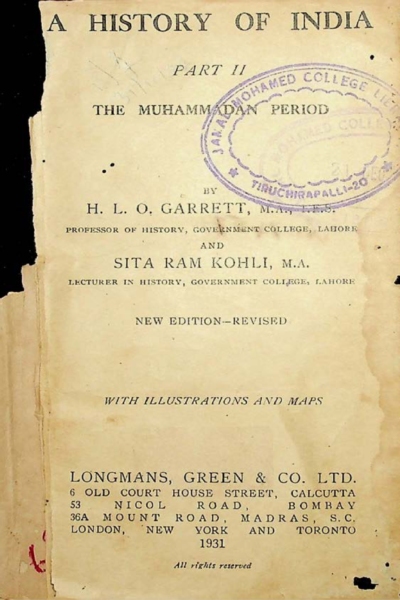Description
The initial reaction of many economists to these facts was to claim they were not true, that the data were too few and insufficiently reliable. Later, when this objection became untenable, it was claimed that the distribution of income did not matter, that a concern with equity was a luxury poor countries could not afford. Growth remained supreme as an objective of economic policy. More recently, however, there has been a change of emphasis. Economists have begun to reconsider the bundle of policies which constitute a development strategy. The objective no longer is merely to accelerate the rate of growth of national product per head; the objective is to reduce poverty and inequality.









Reviews
There are no reviews yet.